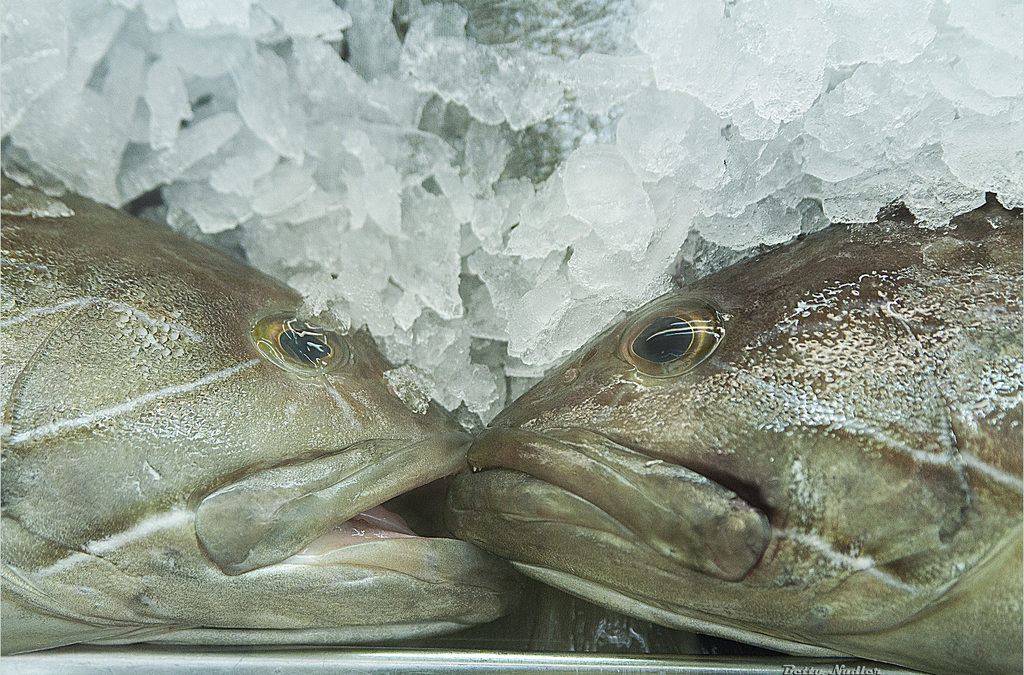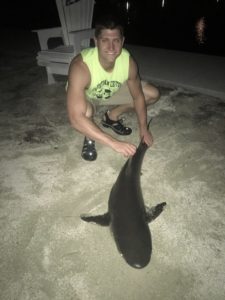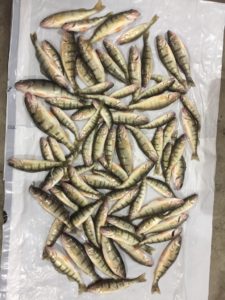Business is the activity of making one’s living or making money. Acumen is the ability to make good decisions. Great organizational leaders are able to make great decisions about making money, they practice business acumen.
When we use the expression “Mind your own business,” it’s usually used in a negative way. What we are really saying is “don’t be sticking your nose and opinions into my stuff.” On the other hand, “mind your own business” can actually be used in a really positive way. On our business acumen day in LEAD 365, our focus is help you “mind your own business” in the more positive use of that phrase.
Let’s review a few of our key definitions: Margin, Velocity, and Return.
- Margin: The difference between the price of a product or service and the
combined costs. - Velocity: How many times you can produce a margin in a particular period of time.
- Return: Your margin times your velocity.
In my business background, our margins were really slim, but we were able to make up for that in our velocity (and in all honesty, our reduced scrap rates because of some really innovative people on the team). Large presses were able to produce ten boxes a second in an automated system that cut, scored, glued, and then bundled the boxes in sets of twenty-five in almost the blink of an eye. The raw corrugated going in to the presses looked very little like what was produced at lightning speed.
Here are two pictures:
- The photo on the left is of a spinner shark my son-in-law caught in Florida a couple years ago. The velocity was slow: one shark per night!
- The photo on the right is from ice fishing for perch last year. I couldn’t reel them in fast enough. I caught all these fish in a couple of hours.
Some of us work in organizations that are more “shark-like” while others are more “perch-like.” But I can tell you this, the desire to catch more and bigger fish in order to generate a better return will continue for as long as we fish—whether it is for sharks, perch, or both.
We are constantly looking for better bait, equipment, and even spots to fish in order to generate a better return. Sometimes we have to spend a little more money to make a better return. For instance, using spikes for bait might be cheaper, but if the fish are hitting on minnows, that’s what we use. And if a certain area isn’t producing, we will investigate other spots (markets) to catch fish. We do this because we are minding our business. Any fisherman will tell you, a great return is a lot more fun than a lousy return.
So this is a reminder to mind your own business. One innovative change could lead to a much better return—and even a lot more fun!
Lead on!
Jeff
Image by BettyNudler. Used under CC by 2.0 license.




Love this Jeff!